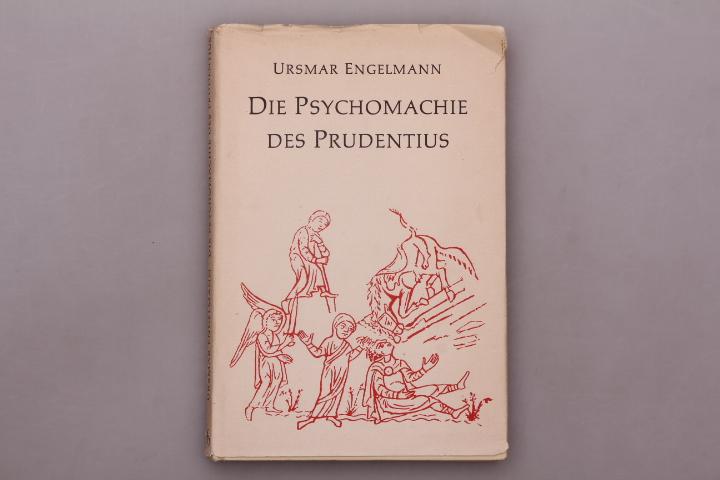
Introducing The 7 Heavenly Virtues
This article is the first in the second part of our series on the 7 Deadly Sins and 7 Heavenly Virtues.
The previous articles dealt with the 7 Deadly Sins, which are: Lust, Gluttony, Greed, Sloth, Wrath, Envy and Pride.
The 7 Heavenly Virtues are Chastity, Temperance, Charity, Diligence, Patience, Kindness and Humility.
In Western philosophy, the 7 Heavenly Virtues also have an interesting history.
They start with the writings of Plato and Aristotle, and are also found in Jewish writings such as the Book Of Wisdom (also known as the Wisdom of Solomon).
In their current form, the 7 Heavenly Virtues are first mentioned in the writings of Aurelius Clemens Prudentius (c. 248-413 AD) in the poem 'Psychomachia', or 'Battle Of The Souls'.
In this work, the virtues are personified by female characters who slay their evil counterparts. For example, the character 'Chastity' defeats her enemy 'Lust.'

In the previous articles we defined a 'sin' to equate to something that does harm - either to the individual or others, or both.
In the next few articles we need to define what is a virtue. Simply said, a virtue opposes a sin, but we need more than that.
If we take, for instance, 'gluttony', then what is the opposite of gluttony - dieting? This is not very accurate. Gluttony is eating to excess, but the true opposite may be dieting to excess - and this also causes harm!
Also as you can see above, dieting does not appear in the 7 Heavenly Virtues! (LOL!)
So the definition of a virtue cannot simply mean the opposite of a sin, and we need another one.
We suggest something like: 'a virtue is something that enhances the good', or 'is beneficial'.
So adapting our 4-fold questionnaire from Part 1 it becomes:
- Is the thought or feeling of [virtue] beneficial to the individual?
- Is the action of [virtue] beneficial to the individual?
- Is the thought of [virtue] beneficial to others?
- Is the action of [virtue] beneficial to others?
Credit: Oliver-Burke - 7 Heavenly Virtues - Chastity (click image so see original)
Heavenly Virtue #1 - Chastity
The word 'chastity' has a variety of meanings depending on the context. In one sense, it applies to someone who is unhindered by 'earthly desires'.
These could be of a sexual nature, but it also could mean the ability to be overcome by temptation in all areas of life, including overeating or drinking.
The nature of the virtue is not the lack of being tempted, but to consciously overcome temptation. In some contexts it is a synonym for temperance.
Let's apply our 4-step questionnaire to chastity.
- Q: Is the thought or feeling of chastity beneficial to the individual?
- A: Yes and no. If the individual perceives a benefit to being chaste then that benefit will result in good feelings.
Yet if the individual does not perceive a benefit then not only will it not benefit them, but it may even have negative repercussions.
Note, just feeling bad does not mean harm is done, but if the feelings are ongoing this could lead to chronic resentment.
- Q: Is the action (or in this case, lack of action) of chastity beneficial to the individual?
- A: Again, yes and no. If being sexually chaste prevents unwanted events such as rape then it is of benefit of the individual.
However, if sexual desires are not being fulfilled then this leads to frustration and even inappropriate expressions of sexuality.
In other areas of temperance such as refraining from alcohol or excessive eating, it can be physically beneficial by maintaining sobriety or keeping obesity at bay. - Q: Is the thought of chastity beneficial to others?
- A: As with all thoughts, there are no direct benefits to others (unless you are telepathic!)
- Q: Is the action (lack of action) of chastity beneficial to others?
- A: Again, with sexual chastity it could be either. If both parties are looking for sexual gratification then chastity hinders their desires.
On the other hand, if one party is not interested and the other is, chastity by the one with desire avoids an unpleasant encounter.
Next Article: Temperance, Charity and Diligence - 7 Heavenly Virtues Part 2
Previous Article: Envy And Pride - 7 Deadly Sins Part 4

